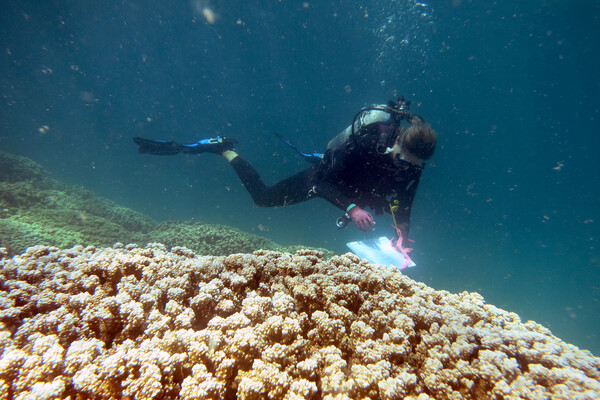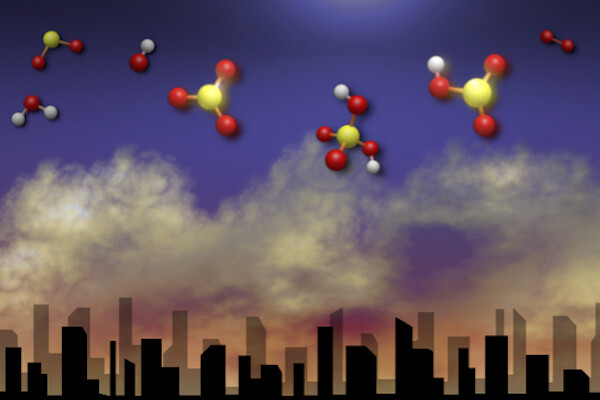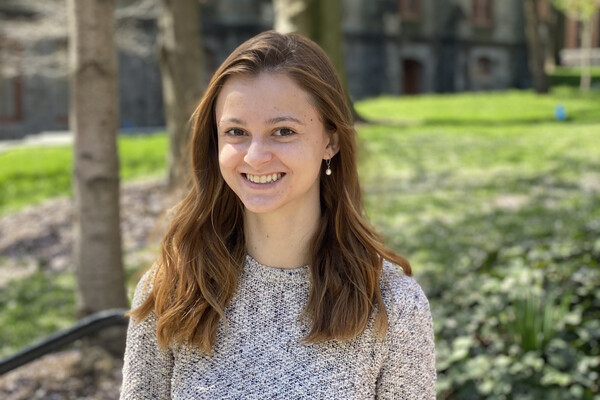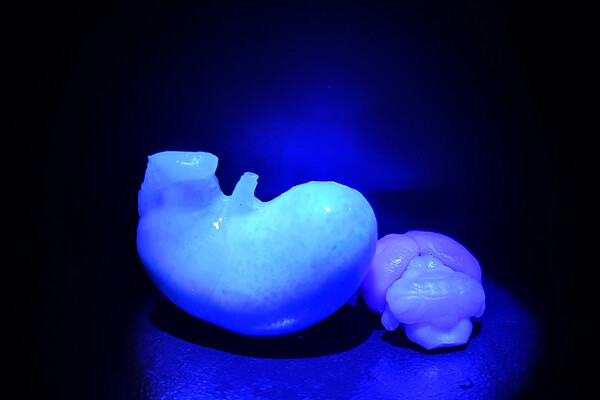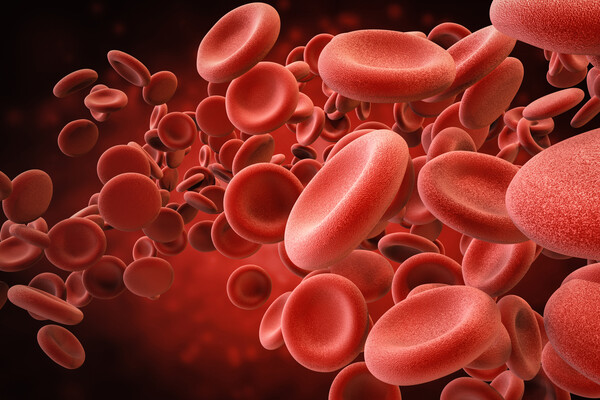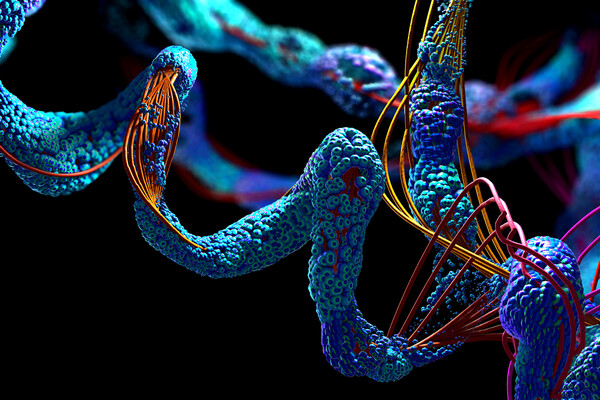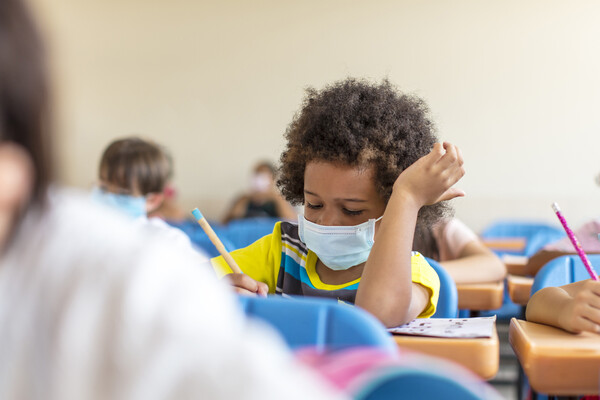A new engineering study examines how social media bots disguise themselves to interact with genuine accounts on social media platforms, while suggesting a new strategy for how to detect them.
Latest News
From corals to humans, a shared trigger for sperm to get in motion
Coral sperm require a specific pH to move, according to research from the School of Arts & Sciences, which identifies a signaling pathway that is shared by organisms including humans. The results inform how corals may fare with climate change.
Before geoengineering, some fundamental chemistry
Research led by Joseph S. Francisco of the School of Arts & Sciences examines the chemistry of a proposal to curb climate change’s effects—creating a sunshade in the upper atmosphere made of sulfuric acid—and finds that there’s more work to do to successfully pull off such a feat.
Penn senior Max Wragan named George J. Mitchell Scholar
Senior Max Wragan, a neuroscience major and chemistry minor, has been selected for a George J. Mitchell Scholarship, which covers one academic year of postgraduate studies in Ireland, including stipends for living and travel expenses.
Taking a closer look at cryptocurrency
Experts across the University share their thoughts on how cryptocurrency has globally transformed businesses, research, and the environment.
In the brain’s cerebellum, a new target for suppressing hunger
A research team led by J. Nicholas Betley in the School of Arts & Sciences has identified an entirely new way the brain signals fullness after eating. The findings offer a novel target for therapies that could dramatically curb overeating.
Novel gene therapy for hemophilia A
The multicenter study, led by researchers at the Perelman School of Medicine and Children’s Hospital of Philadelphia, showed improved and sustained production of a needed clotting factor and reduced bleeding events.
‘Encrypted’ peptides could be wellspring of natural antibiotics
An interdisciplinary team of Penn researchers have used a carefully designed algorithm to discover a new suite of antimicrobial peptides, or naturally occurring antibiotics, in the human genome.
Celebrating five years of innovation, entrepreneurship, and creativity
Penn Today marks the anniversary of Pennovation Works, the University’s business incubator and laboratory space, with a look at the evolution of the site, its research and commercialization achievements, and a glimpse into the future.
With more kids eligible for vaccines, is the pandemic in a new phase?
With the FDA authorization last week, 28 million more children are eligible to be vaccinated against COVID-19. Experts from the School of Nursing and Perelman School of Medicine share their thoughts about what to expect in the weeks and months to come.



